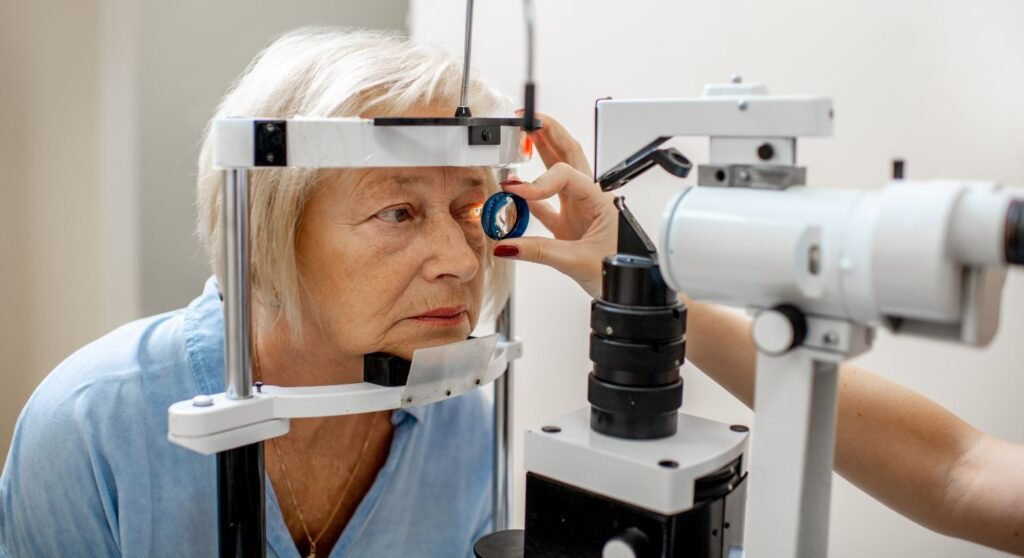Meet the Evolution Engine Speeds Up Protein Design — and Tomorrow’s Medicines

What if scientists could press fast-forward on evolution to quickly build better medicines? That’s essentially what Scripps Research has unveiled with T7-ORACLE, a clever “evolution engine” that reprograms proteins inside bacteria at astonishing speed — without harming the cell’s own DNA.
Think of it as a safe test track where new protein versions can be created and tuned in real time. For anyone keeping an eye on treatments for cancer, neurodegenerative disease, or drug resistance, this is a quietly transformative advance.
The notable feature here is precision, continuous evolution. Instead of the usual lab slog — mutate, test, wait a week, repeat — T7-ORACLE introduces targeted mutations every time a bacterial cell divides, roughly every 20 minutes.
The team engineered a separate T7 replication system that only mutates a dedicated plasmid, leaving the cell’s genome untouched, and cranks the mutation rate up to 100,000 times higher than normal. In plain terms: you can explore protein possibilities at an unprecedented pace, then select the winners that do useful work, like binding a cancer target more tightly or breaking down disease-related proteins more efficiently.
This matters because the faster we can iterate, the faster we can discover therapies — and the better we can anticipate how diseases might outsmart drugs. As a proof-of-concept, the researchers evolved a common enzyme to withstand antibiotic levels up to 5,000 times higher than the starting point in under a week.
That’s not about making superbugs; it’s about predicting resistance before it happens and designing smarter treatments that stay effective longer. It’s also practical. Because the system runs in standard E. coli using everyday lab workflows, more research teams can adopt it without specialized equipment.
That means more shots on goal for therapies that matter most to older adults — cancer, neurodegeneration, and conditions where today’s treatments can lose steam over time. A quote that sums it up:
“This is like giving evolution a fast-forward button,” says co-senior author Pete Schultz, President and CEO of Scripps Research. And as co-senior author Christian Diercks notes, “Instead of one round of evolution per week, you get a round each time the cell divides — so it really accelerates the process.”
Curious to see how this could reshape the timeline for future treatments? Check out the full article from Scripps Research.





